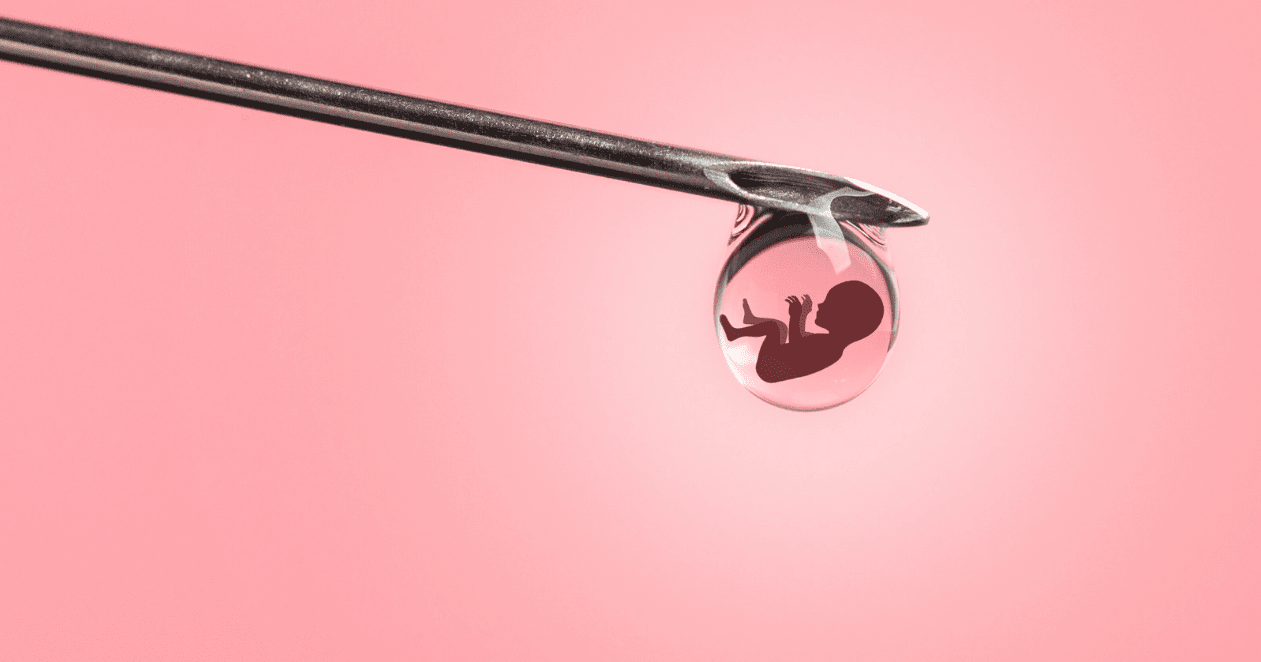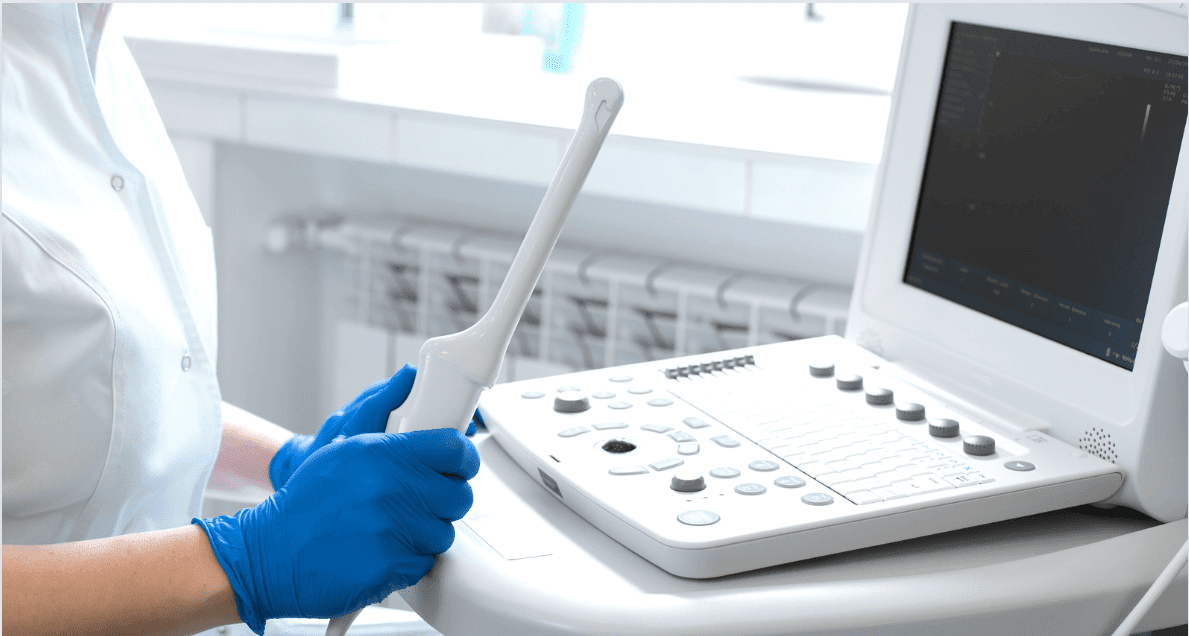Adrenal dysfunction, particularly in relation to cortisol imbalance, can play a significant role in the development and exacerbation of oestrogen-dependent conditions like endometriosis and adenomyosis. This blog post delves into the mechanisms by which adrenal dysfunction impacts these conditions, focusing on cortisol’s role, its effects on hormone balance and the symptoms that often accompany adrenal issues.
What Are the Adrenals?
The adrenal glands are small, triangular-shaped glands located on top of each kidney. They produce a variety of hormones, including cortisol, adrenaline, and aldosterone, which are essential for regulating metabolism, immune system response, blood pressure, and the stress response.
When the body perceives stress, the brain signals the adrenal glands to release cortisol and adrenaline, triggering the “fight or flight” response. This mechanism prepares the body to respond to what it thinks is an immediate threat. However prolonged stress can overwork the adrenals, leading to a gradual decline in hormone production. This depletion occurs in stages:
- Stage 1: Alarm Reaction: High cortisol and adrenaline output to cope with stress.
- Stage 2: Resistance: Adrenals produce fluctuating cortisol levels as they struggle to keep up.
- Stage 3: Exhaustion: Adrenal glands are overworked and produce significantly lower levels of cortisol and other hormones such as DHEA and progesterone.
The Role of Cortisol in Women’s Health
Cortisol, often referred to as the “stress hormone,” is produced by the adrenal glands and plays a critical role in managing stress, inflammation, and metabolic functions. In performing these roles, it also plays an important role in modulating the immune system.
However, both high and low levels of cortisol can significantly impact women with oestrogen-dependent diseases like endometriosis or adenomyosis.
- High Cortisol Levels:
- Impact on Oestrogen: In the earlier stages of chronic stress, high cortisol can increase the conversion of progesterone into cortisol, depleting progesterone levels which can go on to exacerbate oestrogen levels. This hormonal imbalance can feed endometriosis lesions, leading to more severe endometriosis symptoms and progression of the disease.
- Low Cortisol Levels:
- Adrenal Fatigue: Prolonged stress can exhaust the adrenal glands, leading to low cortisol production. This state, often termed “adrenal fatigue,” can further deplete progesterone levels since the body prioritises cortisol production over progesterone synthesis. With insufficient progesterone, oestrogen dominance becomes more pronounced, worsening conditions like endometriosis, adenomyosis, and fibroids.
What can the body interpret as stress?
Stress is not just about your every day life stress.
The body can interpret a wide range of stimuli as “stressors”, which are identified through various sensory and neural mechanisms. The brain (particularly the hypothalamus) plays a crucial role in this process. It detects stressors through:
- Environmental Signals: Loud noises, extreme temperatures, or physical threats.
- Emotional Signals: Anxiety, fear, or significant life changes. These might stem from work/family/relationship stress, or big stressful events such as death, divorce, serious illness or even moving house.
- Chemical Signals: Toxins (including things like mould, fluoride, other man-mad chemicals and pesticides), a poor diet and medications.
- Internal Signals: Infections, chronic pain, heavy metal toxicity or inflammation.
When these stressors are detected, the hypothalamus activates the hypothalamic-pituitary-adrenal (HPA) axis, triggering the release of cortisol and adrenaline to prepare the body for a fight-or-flight response. This complex identification system ensures the body can react appropriately to a variety of stress-inducing situations.
Symptoms of Adrenal Dysfunction
As mentioned earlier, prolonged stress often leads to adrenal dysfunction, which can manifest through a variety of symptoms (sometimes overlapping with those of estrogen-dependent conditions). Recognizing these symptoms can help in early diagnosis and management:
Fatigue
- Persistent Fatigue: Persistent and unexplained fatigue, even after adequate rest. This type of fatigue tends not to be relieved with any amount of rest.
Dysregulated Energy Pattern
- Energy Fluctuations: Not really feeling awake until 10 am, crashing between 2:30-4 pm, then feeling more energized after 5-6 pm.
- Sleep-Wake Cycle Issues: In earlier stages, difficulty falling asleep and waking up frequently. In later stages, extreme tiredness and the need to sleep shortly after the evening meal.
Mood Swings
- Emotional Instability: Increased anxiety, depression, and irritability. The general ability to handle stress is greatly lessened.
Sleep Disturbances
- Sleep Problems: Difficulty falling asleep or staying asleep, often waking up feeling unrefreshed.
Hypoglycaemia (Low Blood Sugar)
- Blood Sugar Issues: Feeling cranky when meals are skipped; waking up around 3 am for no reason; waking up tired, with no hunger and potential nausea or dizziness.
Increased Need for Stimulants
- Stimulant Dependence: Increased consumption of caffeine (coffee, tea, colas) and sugar.
Increased Cravings for Salt
- Salt Cravings: Increased cravings for salt or salty foods to replace what is lost during the stress response, as the kidneys dump salt along with magnesium during the fight-or-flight response.
Increased Recovery Time
- Slow Recovery: Slower recovery from illness, injury, or trauma.
Cognitive Issues
- Memory and Attention Problems: Absentmindedness, ADHD symptoms, and worsened short-term memory.
Hypotension (Low Blood Pressure)
- Blood Pressure Problems: Feeling dizzy, faint, and tired, particularly when standing up quickly from a lying position.
Digestive Issues
- Digestive Problems: Changes in appetite, weight gain, and digestive issues similar to IBS.
Hormonal Imbalances
- Menstrual Irregularities: Irregular menstrual cycles, increased period pain, worsened PMS, and low libido.
Impact of Adrenal Dysfunction on Endometriosis Symptoms
Adrenal dysfunction can significantly impact endometriosis symptoms, particularly pain and fatigue. Elevated cortisol levels can increase inflammation, exacerbating endometriosis pain. Meanwhile, low cortisol levels, indicative of adrenal fatigue, can lead to persistent and unexplained fatigue, a common but often overlooked symptom of endometriosis. Conventional medicine practitioners frequently attribute fatigue solely to endometriosis itself, without investigating the underlying cause, such as adrenal dysfunction.
Adrenal Dysfunction, Fertility Levels, and Thyroid Health
Adrenal dysfunction can significantly impact women’s fertility, particularly in the context of endometriosis. Progesterone depletion, which often accompanies adrenal dysfunction, impairs fertility since adequate progesterone is essential for maintaining a healthy uterine lining and supporting early pregnancy. Women with low progesterone levels may experience difficulties with implantation and sustaining pregnancy, exacerbating fertility issues related to endometriosis. Additionally, adrenal dysfunction can disrupt ovarian signalling by affecting Follicle Stimulating Hormone (FSH) and Anti-Müllerian Hormone (AMH) levels. FSH is crucial for the growth and maturation of ovarian follicles, while AMH indicates ovarian reserve. Imbalanced cortisol levels from adrenal dysfunction can disrupt these signals, leading to irregular ovulation and diminished ovarian function.
Furthermore, adrenal dysfunction can lead to thyroid dysfunction through several mechanisms, further complicating the management of endometriosis. High cortisol levels inhibit the conversion of T4 (thyroxine) to the active T3 (triiodothyronine) hormone, causing symptoms of hypothyroidism despite normal T4 levels. Chronic stress can suppress thyroid function, reducing thyroid hormone production, leading to fatigue, weight gain, and depression. Additionally, adrenal stress can exacerbate autoimmune conditions like Hashimoto’s thyroiditis, where the immune system attacks the thyroid gland, further impairing its function.
Understanding and addressing adrenal dysfunction is crucial for the effective management of endometriosis, as it plays a significant role in fertility and overall hormonal balance.
How to Identify Poor Adrenal Function
Standard blood tests can provide indicators of adrenal function, but they are limited as they only measure the total amount of hormone in your circulation, and do not measure how much of that hormone is lockingi nto the receptor site, turning the key and creating an effect.
In saying that, the following on blood test results can give you some idea:
- Morning Fasting Cortisol Levels: High or low levels can indicate dysfunction, but do not provide a complete picture.
- DHEA-S levels: Low or low normal levels can indicate ongoing adrenal stress, especially when analysed in respect to a persons age.
- ACTH Stimulation Test: Measures how well the adrenals respond to ACTH (adrenocorticotropic hormone).
Why a DUTCH Plus Test is More Effective
Additionally, the DUTCH test measures the active levels of sex hormones such as oestrogen, progesterone, testosterone, and their many metabolites. This is crucial as it can:
- Determine the Stage of Adrenal Dysfunction: Helps identify whether someone is in the alarm, resistance, or exhaustion stage of adrenal fatigue, which is important for tailoring treatment strategies.
- Understand Oestrogen Metabolism: Provides insight into how oestrogen is being metabolised and cleared from the body, which is especially relevant for women with endometriosis, where oestrogen dominance is a common issue.
- Evaluate Progesterone Levels: Assesses the balance between progesterone and oestrogen, critical for managing symptoms and progression of endometriosis.
- Monitor Androgens: Measures levels of testosterone and its metabolites, helping to understand their role in the overall hormonal balance and potential impact on conditions like polycystic ovary syndrome (PCOS) which can coexist with endometriosis.
- Identify Imbalances: Detects imbalances in sex hormones that might contribute to the growth of endometrial tissue and the severity of endometriosis symptoms.
- Personalised Treatment Plans: Enables healthcare providers to develop personalised treatment plans based on a comprehensive hormonal profile, improving the management of endometriosis symptoms and overall hormonal health.
- Insight into Cortisol Awakening Response (CAR): Measures the cortisol awakening response, which can provide additional information on HPA axis function and stress response, important for women dealing with chronic pain and stress from endometriosis.
- Track Treatment Efficacy: Helps monitor the effectiveness of hormonal therapies or lifestyle changes over time, ensuring that interventions are having the desired effect on hormone levels and symptoms.
Relief from Adrenal Dysfunction and Symptom Management
To alleviate adrenal dysfunction and, consequently, the symptoms of oestrogen-dependent conditions:
- Lifestyle Changes: Incorporate stress-reducing practices like yoga, meditation, and regular physical activity. Avoiding strenous exercise is imperative.
- Avoiding stimulants: Such as caffeine, sugar and alcohol.
- Balance blood sugar: By eating enough protein, eating frequently enough and enough overall.
- Adequate Sleep: Prioritise good sleep hygiene to help restore adrenal function.
- Nutritional Support: Ensure a balanced diet rich in vitamins and minerals that support adrenal health, such as vitamin C, B vitamins, and magnesium. Also identifying which food groups are creating a stress response in the body (by either creating inflammation or an immune response).
- Herbal Supplements: Adaptogens like ashwagandha, rhodiola, and licorice root can help balance cortisol levels and give you your energy back.
- Bioidentical hormones: In many cases, those experiencing adrenal dysfucntion can benefit from bio-identical DHEA and/or micronised progesterone medications.
Conclusion
Understanding the interplay between adrenal dysfunction and oestrogen-dependent diseases is crucial for effective management and treatment of both conditions. By addressing adrenal health, particularly the balance of cortisol and progesterone, women can better manage conditions like endometriosis and adenomyosis. Treating adrenal dysfunction is a crucial step in endometriosis treatment.
Are you struggling with symptoms of adrenal dysfunction and/or endometriosis? As a naturopathic nutritionist, I can help you find natural and effective solutions to manage your symptoms and help you get your life quality back. Book a consultation today to start your journey towards balance and relief.











